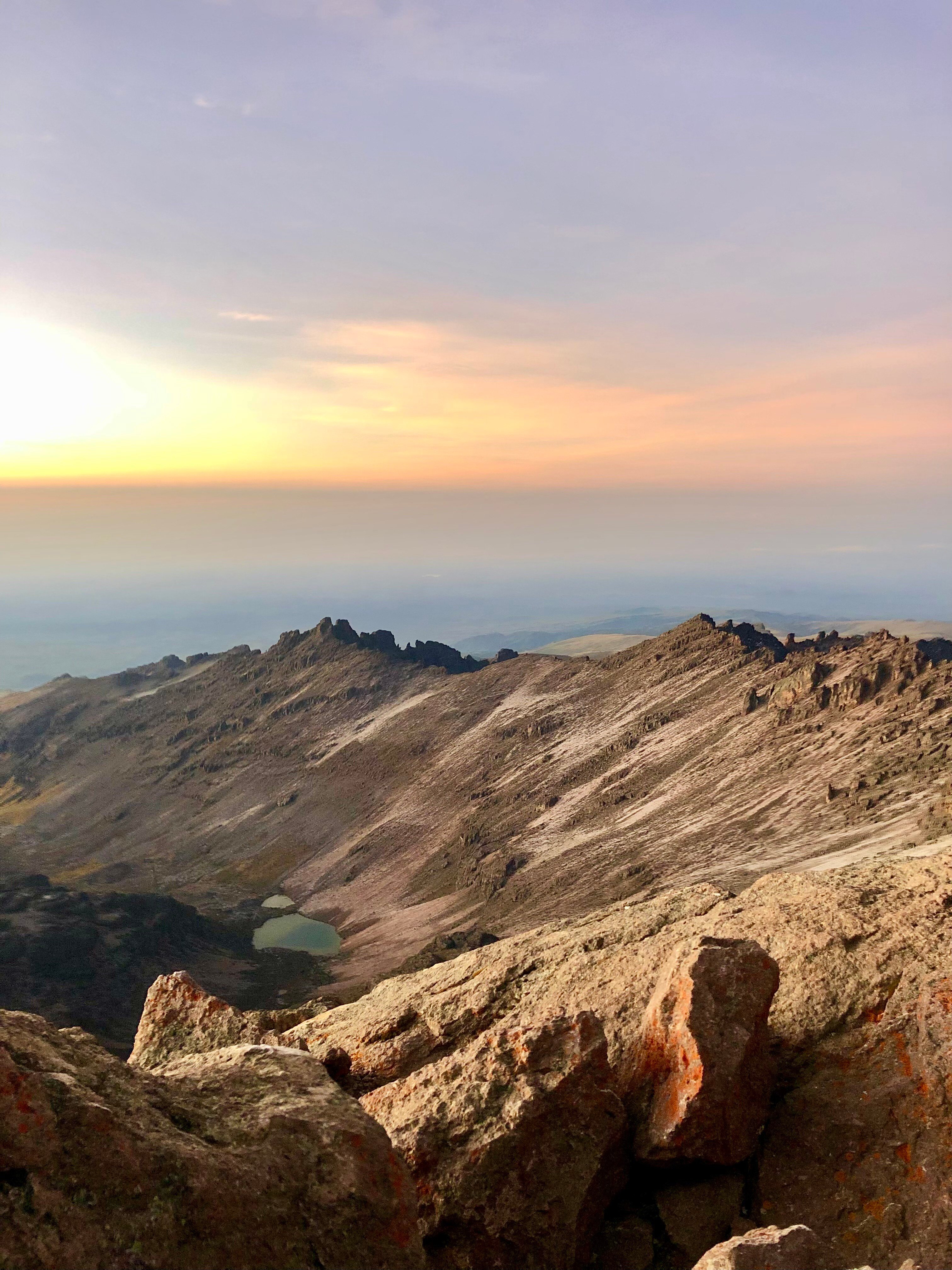INSPIRATION
The Birth of the Walking Safari
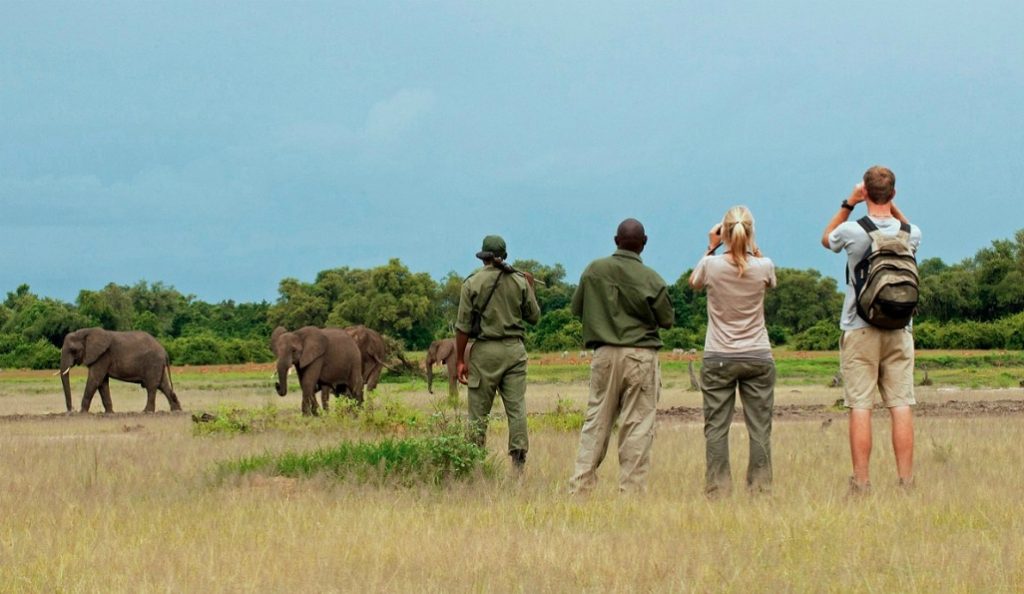
Norman Carr is quite possibly the most influential conservationist of the 20th century. It is thanks to him that tourists’ primary interest in Africa has shifted from hunting to game watching, and that we have national parks and other protected reserves across Malawi, Zambia and Zimbabwe in which wildlife can thrive. The pioneer of the walking safari and the first person to open a safari company in Zambia, Carr also understood the importance of local community empowerment and employment in ensuring conservation projects’ sustainability.
Photos:Courtesy Time+Tide
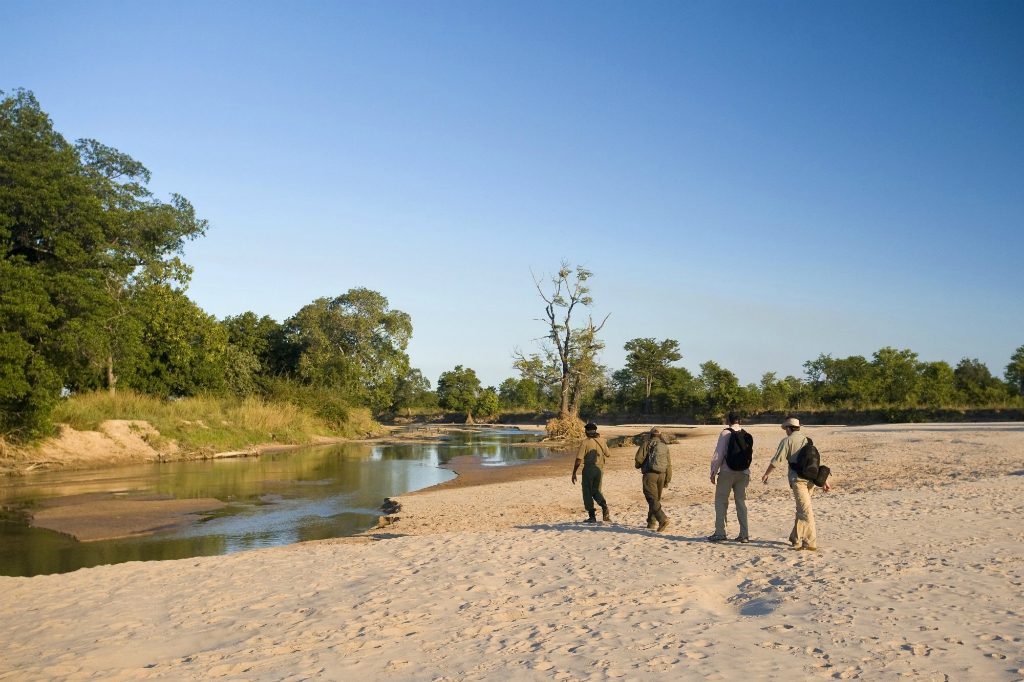
The heartland of Carr’s work was the Luangwa Valley in Zambia, which is where I want to transport you — at least in your mind — today. The Luangwa River and its tributaries meander at the tail end of the Great African Rift Valley and their life giving waters support more than 60 different kinds of mammals and 400 species of birds. The river teems with crocodiles and hippos; herds of Cape buffaloes and elephants trundle through the bush; and amongst the treetops you will frequently see the heads of Thornicroft’s giraffes snacking on the leaves.
Photos:Courtesy Time+Tide
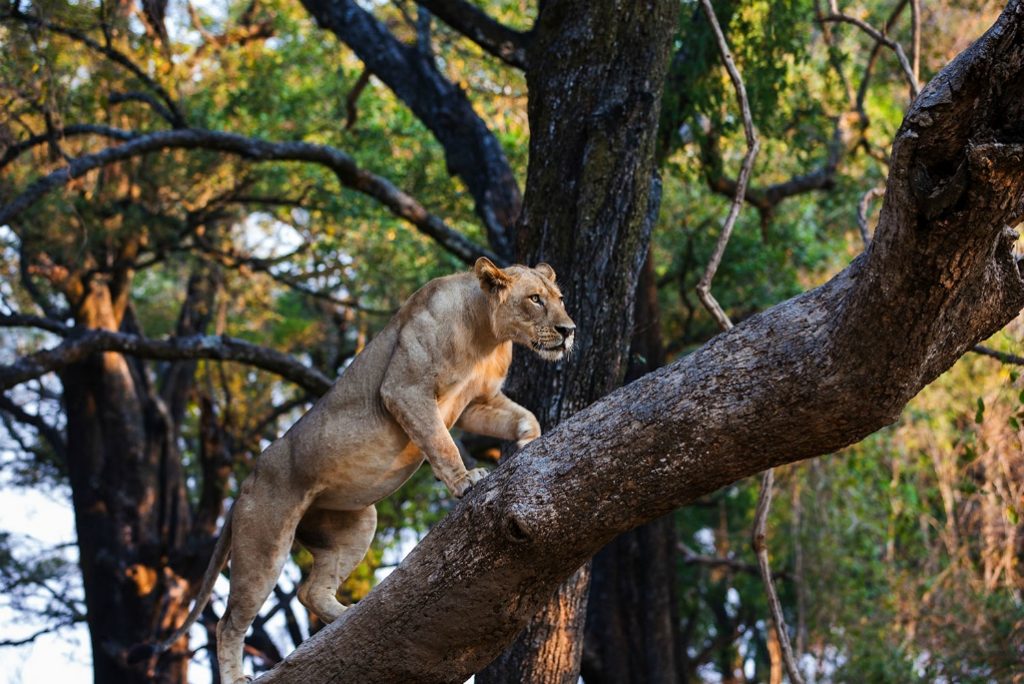
Norman Carr Safaris — now incorporated into Time+Tide — has five properties in South Luangwa, each one of which has a light footprint in the valley. Time+Tide Nsolo is one of the oldest camps in the region, a place of barefoot luxury besides the seasonal Luwi River. The dry riverbed is a thoroughfare for the local lion pride and there is also a wild dog den nearby, so from the night time howling to the first sighting of tracks on your morning walk, the anticipation of an up close predator viewing builds. A game drive is always a thrill, but it is during a walking safari that the hairs on the back of your neck will really stand up on end.
Photos:Courtesy Time+Tide
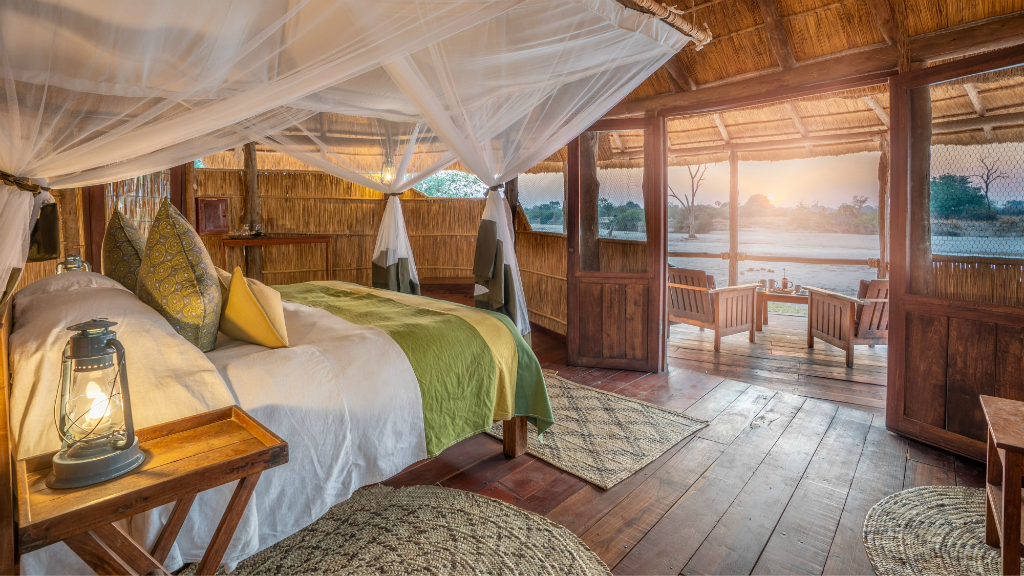
In this part of South Luangwa, you are quite literally walking in Norman Carr’s footsteps, often along trails that he forged. He trained his guides to notice and care about the tiniest details and to understand the symbiotic relationships between all creatures great and small. When you walk, you have the time — and are close enough to the ground — to see new shoots sprouting, the way that insects scurry across the dirt, and to stop and sniff dung to see if it is fresh. That’s a sure fire sign that the animal who made it has recently passed by. Your eagle eyed guide will spot and point out the smallest paw prints in the sandy soil, and when there are tracks in the mud, he can tell with great precision when they were laid.
Photos:Courtesy Time+Tide
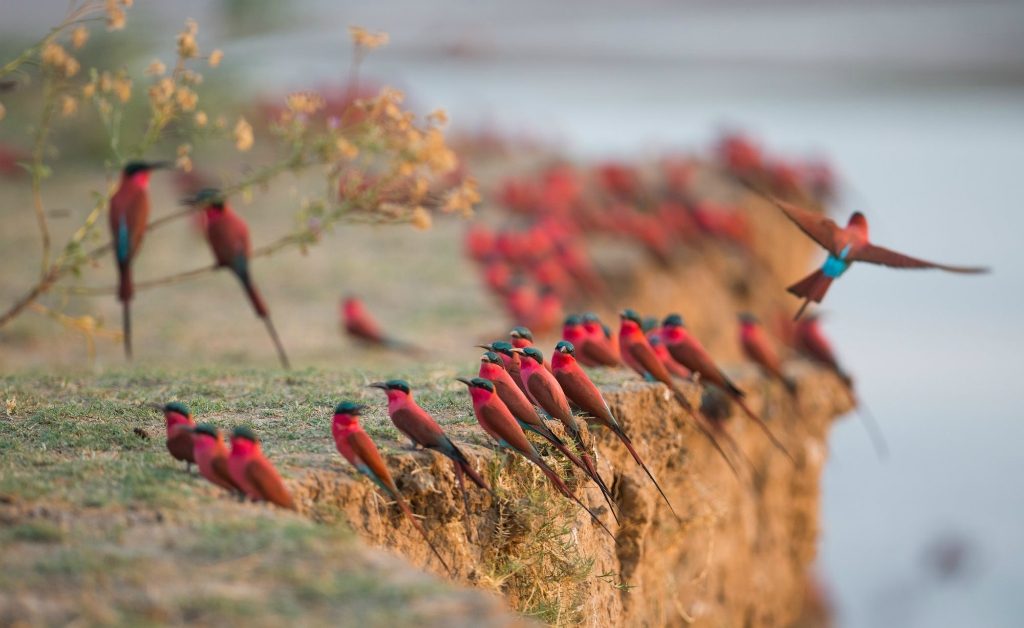
I adore walking out in the morning, when the vegetation scented air is still cool and fresh. I listen out for the chattering and chirruping of the birds, keeping my eyes peeled for the flashes of colour as they dart from one tree to the next. With no sound or vibration from a vehicle engine to alarm them, it is possible to get much closer to the birds than I would on a game drive. And this gives the guides the chance to show off their knowledge, identifying not only iconic species such as the southern carmine bee eater and my favourite, the lilac breasted roller, but also rarer species like the pretty African pitta, Allen’s gallinule, and the always well camouflaged moustached grass warbler.
Photos:Courtesy Time+Tide
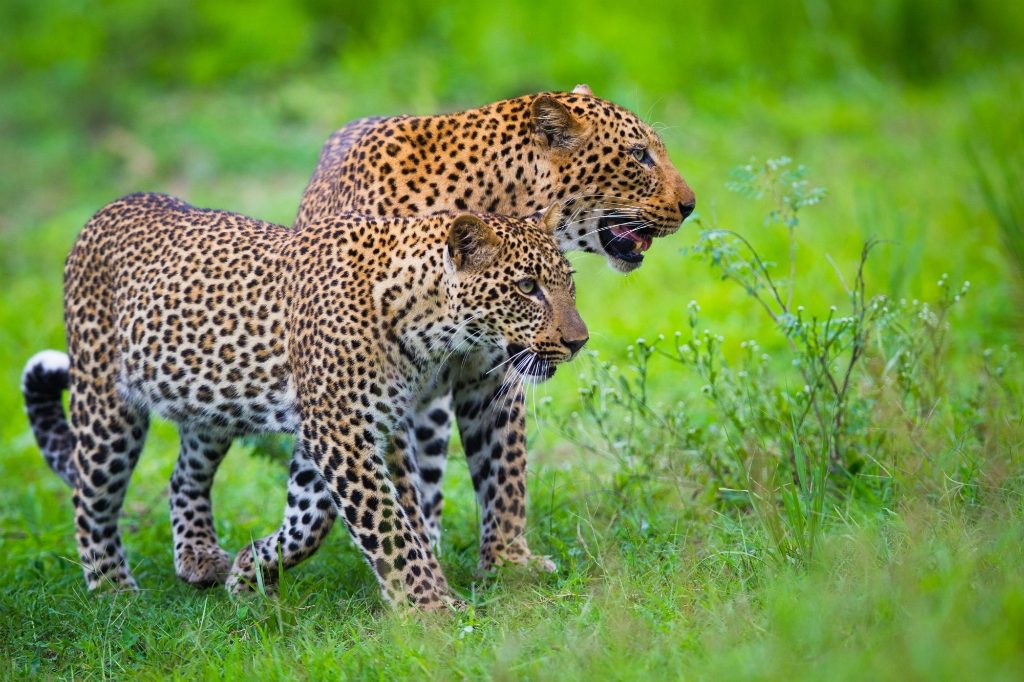
A walking safari can deliver an unrivalled adrenaline kick at any moment, too. I still remember the time that I was happily plodding through the bush when my guide suddenly gave the sign to stop, be quiet, and get down. I froze. What was up ahead? I had no idea, and without this intervention would undoubtedly have trundled unsuspectingly into danger.
Photos:Courtesy Time+Tide
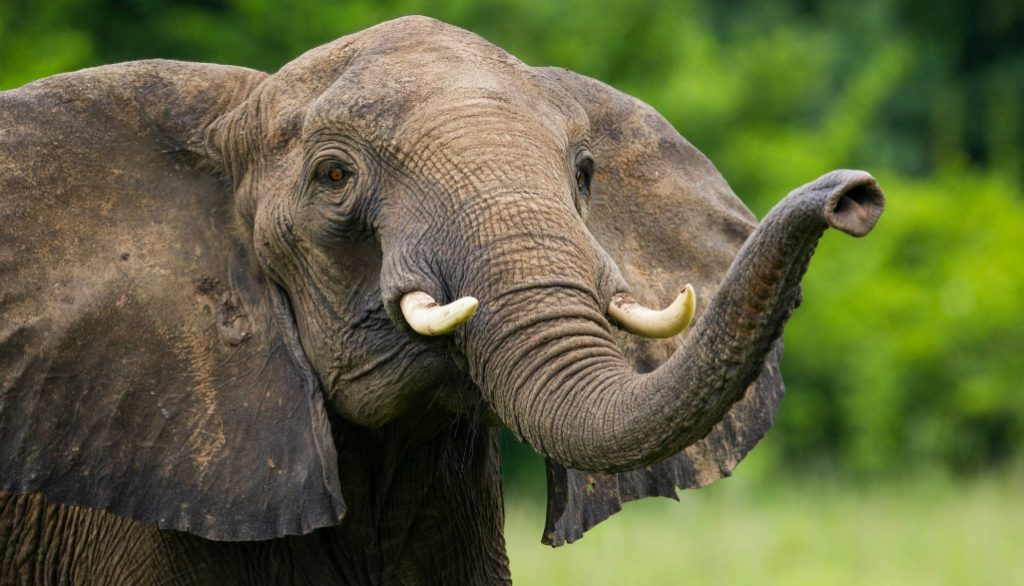
The threat, on this occasion, was a fully grown elephant bull. He was eating his breakfast placidly enough, and hadn’t noticed us, but regardless of that I watched wide eyed. I could hear my heartbeat banging in my ears, knew my breath had quickened, and felt the tingle of terror mingled with exhilarating excitement running down my spine. There was nowhere I could run, and nothing between me and the elephant. That’s what makes a walking safari so unforgettable: it’s the chance of an encounter such as this.
Photos:Courtesy Time+Tide
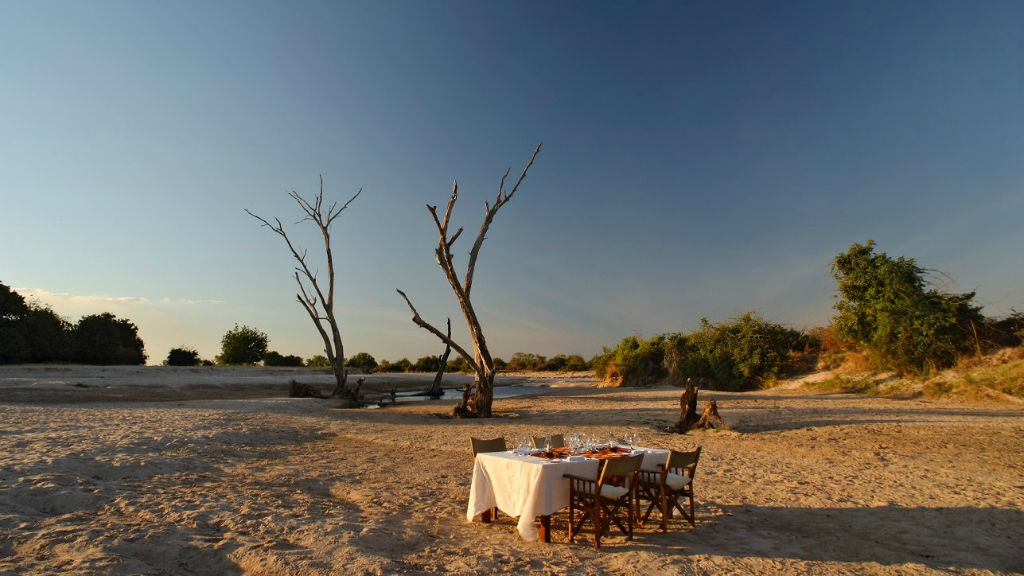
By the time I get back to Time+Tide Nsolo after a walk, I’m inevitably tired with exertion and the over stimulation of my senses. Breakfast is a welcome reward, and if I’ve been out separately from other guests, we’ll relive the highlights of our respective mornings, regaling each other with accounts of our most memorable sightings. There’s no WiFi or mobile signal here, and that’s a blessing in our hectic, over-connected world. I can sit out on the deck for hours at a time, undisturbed and watching giraffes wander by. Now and then there’s an elephant mother and her calf, the latter playing without a care in the world. Norman Carr found paradise in South Luangwa and thanks to his lifelong conservation efforts, this Eden is still here for us to enjoy.
Photos:Courtesy Time+Tide
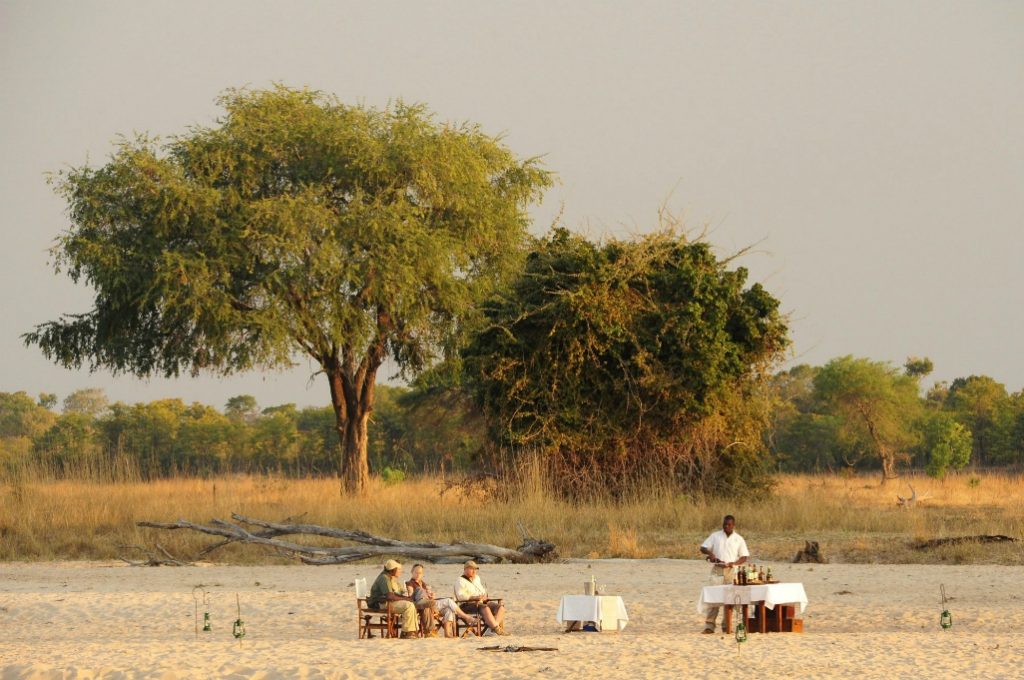
Sophie Ibbotson is the author of five Bradt Travel Guides, including the first guidebook to South Sudan.
She travelled to Zambia with wildlife and wilderness specialists Africa Exclusive.
Our Top Experiences
SEEN SOMETHING YOU LIKE?
Enquire now and our team will create a custom itinerary tailored to your preferences.

CONTACT
enquiries@nomad.africa
Tel: +254 708 238 738
Purple Nomad Ltd
PO Box 69671 - 00400
Mwanzi Avenue, Nairobi, Kenya


